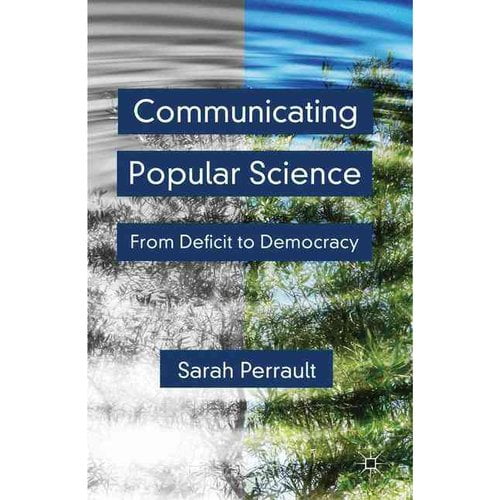 The common print run for a midlist science fiction novel is generally about 5000 copies, give or take. Even a middling creator can expect to get 2/.three sell-through on that, in general, with some promotional campaigns and good evaluations. Naturally, your mileage could fluctuate.
The common print run for a midlist science fiction novel is generally about 5000 copies, give or take. Even a middling creator can expect to get 2/.three sell-through on that, in general, with some promotional campaigns and good evaluations. Naturally, your mileage could fluctuate.
Sy Montgomery is an American naturalist and creator, and her latest e book opens with a surprisingly moving encounter between the creator and an enormous Pacific octopus known as Athena. Montgomery, who at this point in her profession still thinks the plural of octopus is octopi, dips her arm into Athena’s tank and spends a couple of minutes letting the octopus wrap her tentacles around her arm until an worker gently removes her. Much of Montgomery’s guide strives to rescue the octopus from its unfairly unflattering fame as a vicious monster from the deep. (The Roman creator Pliny wrote: No animal is extra savage in causing the demise of man in water.”) Thankfully, despite its fame the octopus has been receiving a great deal of scientific interest lately for its outstanding powers of cognition, which Montgomery and different scientists now argue amount to consciousness. Whatever the information, it’s tough to come back away from Montgomery’s e-book with out a newfound appreciation of the octopus.
One of probably the most extraordinary things about this ebook is its sheer breadth. Rutherford, a author and geneticist who has written previously on the subject, weaves from our genes an interesting tapestry of human historical past from its most primitive origins to its subtle current, and beyond. True to its title, Rutherford’s overview of genetics is brief: at 300 pages it is significantly shorter than Mukherjee’s, which means that if you happen to’re after just a fast although complete survey of genetics, that is the ebook for you. The writing is concise and infrequently humorous, and Rutherford by no means takes himself or his subject too significantly. (In the first chapter he refers to human penises as the conceited instruments of biological transition”). It is a type of uncommon books that you’ll finish considering you haven’t wasted a single second.
There’s some evidence that the method may be an efficient one. Researchers at Yale lately discovered that the extra scientifically curious” (as opposed to simply educated) persons are, the much less doubtless they’re to hold polarized beliefs about science and the extra possible they are to be open to new data. (As their science curiosity goes up, the polarizing results of higher science comprehension dissipate, and folks transfer the same path on contentious policies like climate change and fracking,” researcher Dan Kahan said.) It supports the concept that appealing to readers’ curiosity generally is a more practical strategy to change their minds than just attempting to convince them that they’re wrong.
One of the most effective ways of finding suggestions for brand spanking new common science books is among the shortlists and prize winners of many specialist e book prizes for science or non-fiction books. This was clearly his manner of making positive that we stored on walking and shifting forward at the speed that he determined upon. There had been seven of us in whole with Lopi and we all adopted his directions intently. The Wellcome Trust Book Prize celebrates the very best of medication in literature annually for the best fiction or non-fiction book centred on medication. Paulo Coelho is just not only one of the broadly learn, but also some of the influential authors writing right this moment. We compiled some tips from two writers who spoke on the Nicholas School in Spring 2015: Dr. Craig McClain and Sheena Faherty , a Duke graduate scholar.